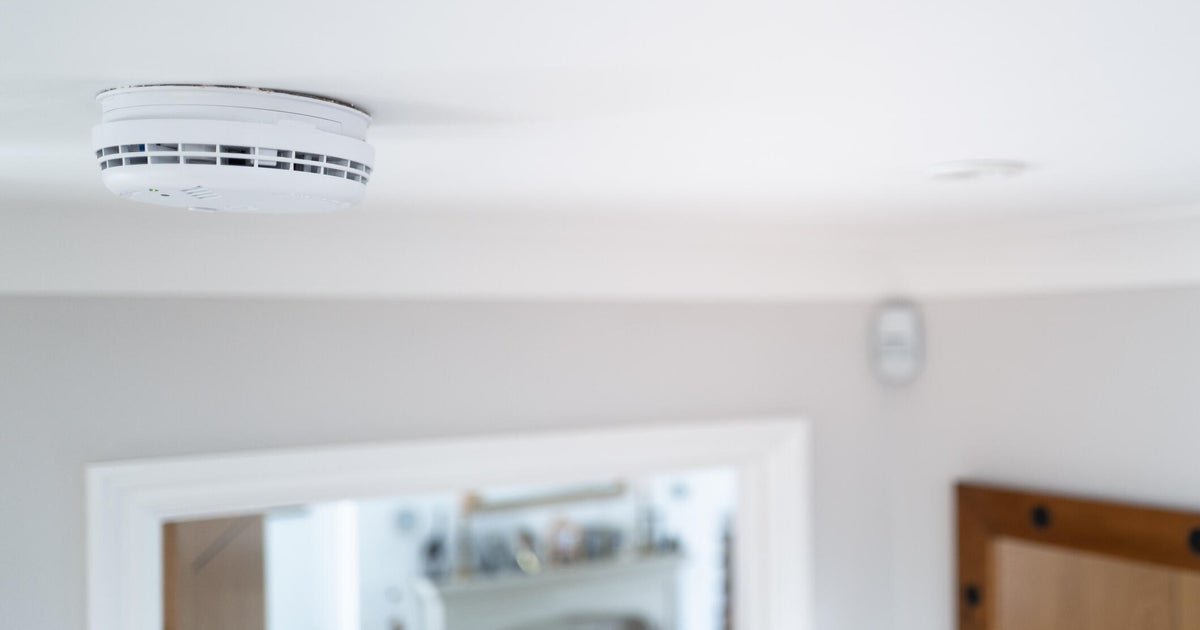New research says cellphones actually help boost people's memories
PHILADELPHIA (CBS) -- Do you have digital dementia? Some worry depending on your phone for reminders could be a brain drain. Worry no more as new research will make smartphone users happy.
Phones can help your memory, according to this new research, but this study only looked at memory and not social skills.
Whether it's reminders from Siri, messages or alarms, cellphones keep many people on track with busy schedules and things to do.
"I would put in my dentist appointment," one woman said, "but I'd also then remind myself that my husband has one and my son has one so I need to make sure they go to theirs."
But could depending on devices for remembering things cause digital dementia, a decline of cognitive abilities?
"We were interested in the way that people used devices like smartphones as an extension of their memory," said Dr. Sam Gilbert, a researcher and professor at the Institute of Cognitive Neuroscience, University College London.
Researchers from University College London tested the digital dementia theory using a computer program and 158 volunteers who had to remember to move a series of circles. Half of the participants had to rely on their own memory. For the rest, they could set reminders on a digital device.
"When people have access to a digital memory, they offload the most important information into that digital memory," Gilbert said. "But this in turn frees up space that we can use to remember additional information."
So devices and phones can actually help improve memory skills instead of making people lazy or forgetful as long as they remember where they put their phone and that it's charged.
"You need to make sure that your devices are reliable," Gilbert said.
The British researchers say using digital reminders not only frees up memory but also helps people remember the information saved on the device.
Some aren't convinced.
"No because I have everything written down," a woman said.
Researchers say remembering to outsource your memory might improve it.
The researchers say their next step is to see if their findings can specifically benefit the elderly.







